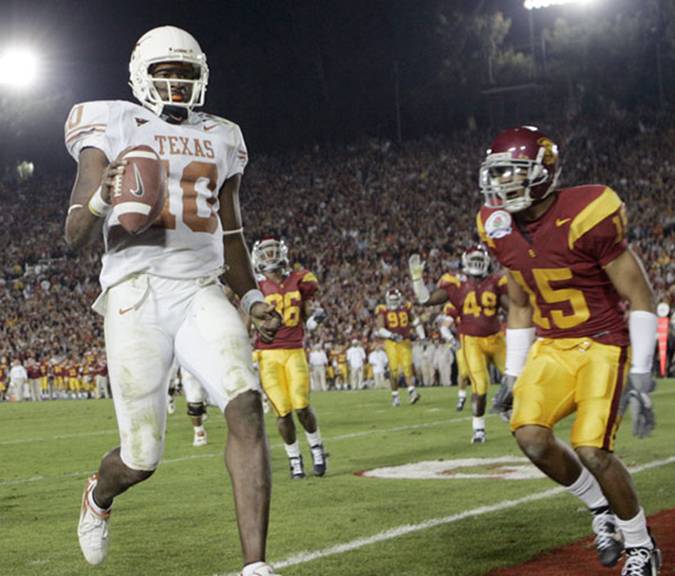I do more than my fair share of complaining, especially with regards to college football–heck, I did some more of it last night on my Alabama friend’s Facebook status, which is never a good idea. I also read a lot of complaints (again, about college football) in the form of articles, tweets, blogposts, etcetera. And by complaints, I don’t mean whining (although there is plenty of whining going on); I mean the expression of valid frustrations that we want to see changed.

But sometimes complaining gets tiresome. We start to repeat the same arguments, and we have to move past that and start offering tangible ideas. This is something I tried to do with the BCS by offering a simple, practical playoff solution, which I have since updated a few times when it made sense to do so. Of course I’m just a guy with a blog readership of about 7 people, so I’m always happy when I read something mainstream that pushes a sensible idea along.
An article in New York Times Magazine from last Friday lays out a five-point plan for fixing some of the problems with college football. I liked the article–and I’m linking it here–because it demonstrates a simple, doable, practical plan for considering college football players to be employees.
There are five elements to my plan. The first is a modified free-market approach to recruiting college players. Instead of sweet-talking recruits, college coaches will instead offer athletes real contracts, just as professional teams do. One school might think a star halfback is worth $40,000 a year; another might think he’s worth $60,000. When the player chooses a school, money will inevitably be part of the equation. For both coaches and players, sweet-talking will take a back seat to clear-eyed financial calculations.
The second element is a salary cap for every team, along with a minimum annual salary for every scholarship athlete. The salary caps I have in mind are pretty low, all things considered: $3 million for the salaries for the football team, and $650,000 for basketball, with a minimum salary of $25,000 per athlete. I would keep the number of basketball scholarships the same, at 13, while reducing the number of football scholarships from 85 to a more reasonable 60, close to the size of N.F.L. rosters. Thus, each football team would spend $1.5 million on the minimum salaries, and have the rest to attract star players.
You can read the rest of it at the link above. It’s a good read. And it’s especially good at moving the conversation past “this system sucks” to “here is the plan.”
Combine athlete compensation with a reasonable postseason, and we’re getting somewhere.
